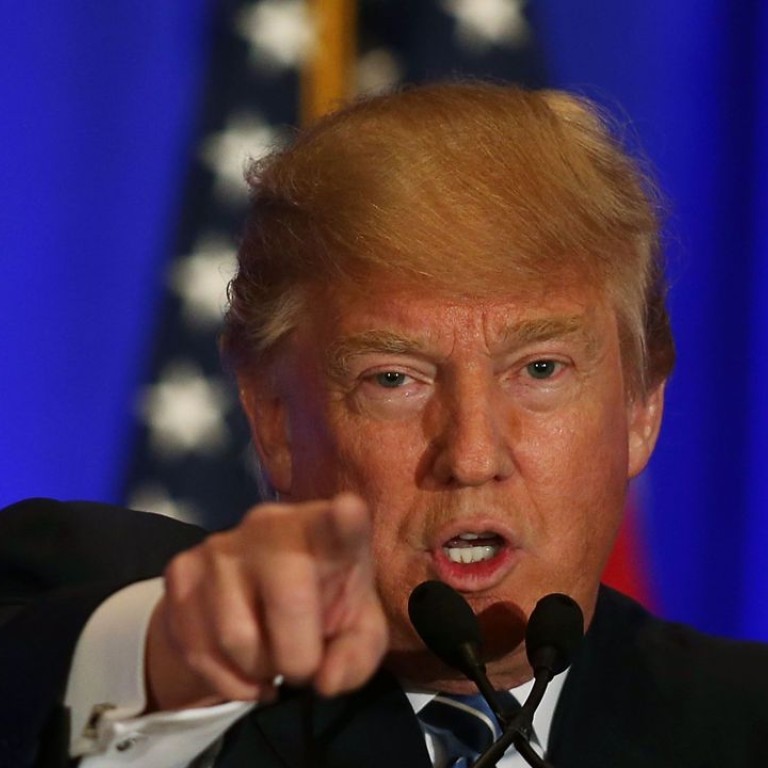
What leadership skills? Anybody can run a big company
On the first trading day after Sun Hung Kai Properties co-chairman Thomas Kwok Ping-kwong and its executive director Thomas Chan Kui-yuen were found guilty of corruption in 2014, SHKP’s shares rose by over just over 2 per cent.
Both men, alongside the recipient of the bribes, former chief secretary Raphael Hui Si-yan, have recently been back in court to unsuccessfully appeal against their convictions and, yet again, the market barely blinked.
The imperviousness of the market may seem peculiar in a city where most of the leading listed companies have an intense personal identification with either a single person or a single family. You might therefore have thought that what happens to these people, as individuals, should have a profound impact on the valuation accorded to their companies.
In the case of the SHK group, the convictions followed a prolonged bout of family infighting that had a slightly greater impact on the share price of their listed companies than the subsequent criminal convictions.
However there are other Hong Kong examples suggesting that personal issues are of less interest to investors than other factors. A case in point is the prolonged illness and withdrawal from management of the SJM empire by its founder Stanley Ho Hung-sun.
SJM shares have taken a battering but this is largely attributable to the general marking down of counters in the gambling sector. Investors appear to be far more worried by this than the fate of Stanley Ho.
READ MORE: Stanley Ho in intensive care after brain surgery
In other countries personal issues seem to figure rather higher in investor concerns. Many people have forgotten the firestorm that broke out last year when Marissa Meyer, Yahoo’s CEO, announced she was taking time off to give birth to twins.
Yahoo’s share price has since been hammered by rather more substantial concerns over the company’s future but back then, maybe with an added dose of sexism, there was a big debate in the United States over whether Yahoo could afford Meyer’s prolonged leave.
A year before the furor over Meyer, there was alarm at JPMorgan Chase when Jamie Dimon, its well-regarded CEO, revealed that he was battling throat cancer and there was much talk about who would replace him. Fortunately he was able to return to work after taking a break and remains in office, but his absence and a number of other problems that hit the bank led to a serious bout of jitters.
All of this poses the question of whether anyone in big corporations is irreplaceable. That question was asked with some urgency following the death of Steve Jobs, the co-founder of Apple and, as he repeatedly demonstrated, its saviour who came back from a spell outside the company at the moment when the hi-tech giant seemed to be in danger of falling.
However Apple not only survived his demise but flourished under new leadership. Much of the credit for this goes to Jobs for promoting Tim Cook to take over while he focused on fighting what turned out to be a fatal cancer.
Preparing for a succession and ensuring the existence of a strong management team is obviously a key to ensuring corporate stability. However it may well be the case that once a company reaches a certain size, it is able to carry on more or less regardless of who leads it.
This is hardly a view that will please the people who like to bang on about leadership skills and the special place of corporate leaders occupy in the galaxy. Right now in the United States it looks highly likely that this narrative will help Donald Trump to win the Republican’s nomination for the presidential election.
This, among other things, raises the obvious question of whether his alleged corporate leadership skills equate to the skills needed to run a country. But no one seems to be asking a rather more obvious question, which is, how come Trump’s corporate empire appears to be ticking over perfectly well while the man who claims to be vital for its business is so heavily distracted storming around the country on the campaign trail?
READ MORE: How Donald Trump runs his campaign like his business and reality show
There can be little doubt that at the early stages of a company’s development individuals are crucial. The personality and skills of company founders clearly make a difference but maybe a quite different set of skills are needed to sustain corporate growth and perform many of the mundane tasks required to keep a company going.
It looks as though in this matter, investors have got the right idea, which is that there really is no need to get that excited about the individual who runs the company as long as there is evidence of a sound business strategy being in place. This conclusion might deflate some large egos but maybe they need deflating.
Stephen Vines runs companies in the food sector and moonlights as a journalist and a broadcaster

